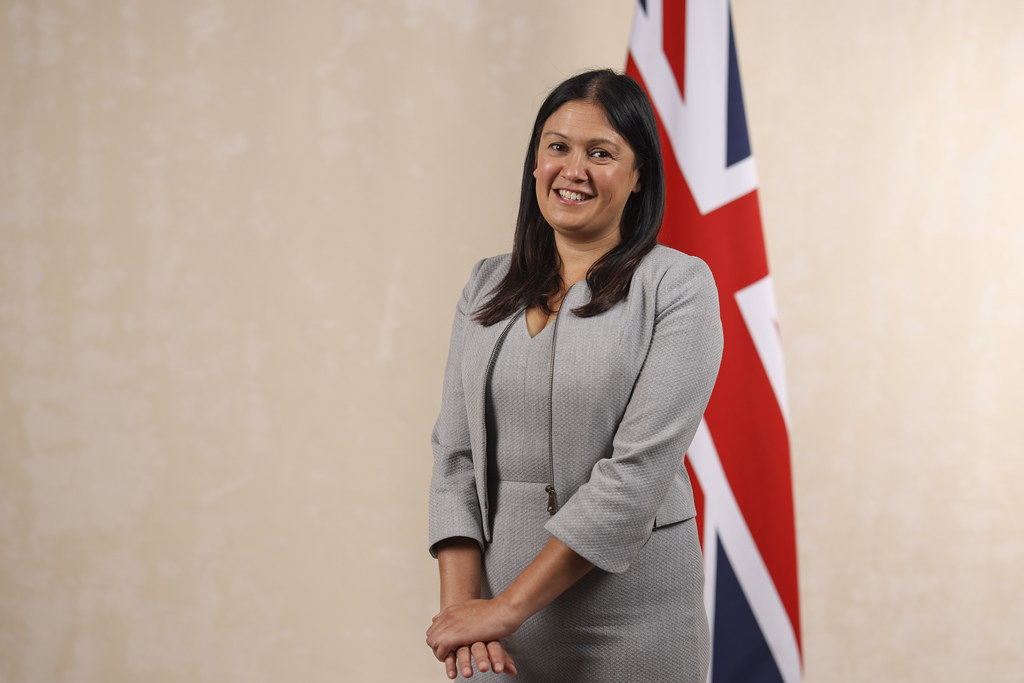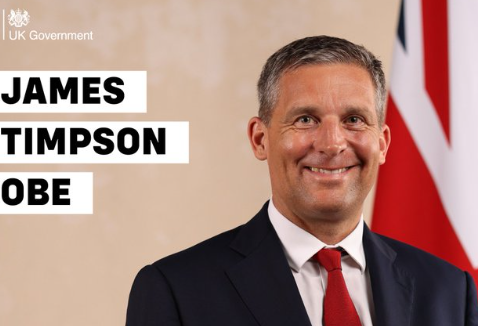The Charity Commission has confirmed that the daughter of the late charity fundraiser Captain Tom Moore and her husband have been disqualified from being trustees and holding senior charity roles.
Hannah Ingram-Moore has been banned for 10 years, while her husband Colin Ingram-Moore has been disqualified for eight years.
“The legal test for disqualification was met because there has been misconduct and/or mismanagement, the individuals are not fit to be a trustee or hold senior management functions and disqualification is in the public interest,” said the regulator.
The confirmation has been after the couple made the decision public last week.
The bans come amid a statutory inquiry into the Captain Tom Foundation, which started two years ago to probe concerns around the charity’s governance and financial controls.
Concerns focused on the couple’s involvement in the charity, which was set up in 2020 after Captain Tom Moore attracted widespread publicity for his sponsored walk in aid of NHS charities during Covid lockdown. This raised a record £38m for NHS Charities Together.
Earlier this year a spa and pool complex at the couple’s home, which was built in Captain Tom’s name but was for private use, was demolished.
It emerged last year that the charity is to be closed and it has already shut down its funding and donation channels.
Being looked at is an arrangement between the charity and a company linked to the couple around trademark rights for her father’s name.
Allegations being looked at include reports that Hannah Ingram Moore was paid thousands of points to help judge a charity award ceremony. In a TV interview last year, she admitted to keeping £800,000 from books the late Captain Moore had written, despite suggestions the money from their sale would to go charity.
The regulator’s investigation is ongoing.
“As a fair, independent and evidence-led regulator we only disqualify someone from serving as a trustee or a senior manager in a charity when the evidence gathered means it is proportionate and lawful to do so,” said Charity Commission chief executive David Holdsworth.
“The evidence in this investigation meant that the level of misconduct and/or mismanagement was serious enough to warrant this action.
“People generously support good causes with the clear expectation that trustees will act in the best interests of their charities.
“As an independent regulator, it is vital that we uphold and protect this trust, including by taking robust regulatory action where appropriate, based on firm evidence.”
Latest News
-
Exclusive: More than 40 UK charities quit X for Bluesky in last three months
-
Regulator bars charity from selling 16 properties it owns
-
Small criminal justice charities locked out of government funding, report warns
-
Human rights expert to lead HIV charity’s board
-
Involve charities in AI decisions ‘as a matter of urgency’, taskforce tells government
-
Cancer Research UK Pension Scheme agrees £280m buy-in with Standard Life
Charity Times video Q&A: In conversation with Hilda Hayo, CEO of Dementia UK
Charity Times editor, Lauren Weymouth, is joined by Dementia UK CEO, Hilda Hayo to discuss why the charity receives such high workplace satisfaction results, what a positive working culture looks like and the importance of lived experience among staff. The pair talk about challenges facing the charity, the impact felt by the pandemic and how it's striving to overcome obstacles and continue to be a highly impactful organisation for anybody affected by dementia.
Charity Times Awards 2023
Mitigating risk and reducing claims

The cost-of-living crisis is impacting charities in a number of ways, including the risks they take. Endsleigh Insurance’s* senior risk management consultant Scott Crichton joins Charity Times to discuss the ramifications of prioritising certain types of risk over others, the financial implications risk can have if not managed properly, and tips for charities to help manage those risks.
* Coming soon… Howden, the new name for Endsleigh.
* Coming soon… Howden, the new name for Endsleigh.
Better Society

© 2021 Perspective Publishing Privacy & Cookies











Recent Stories